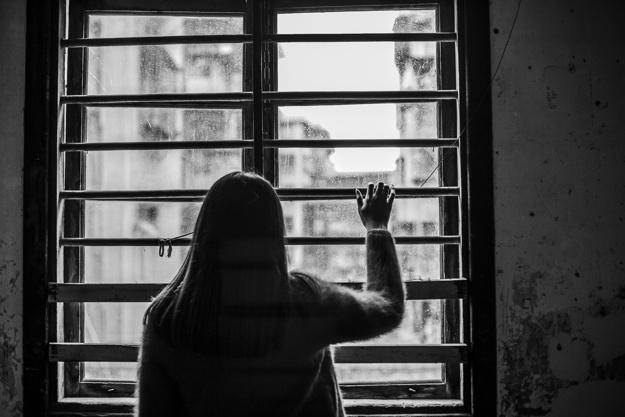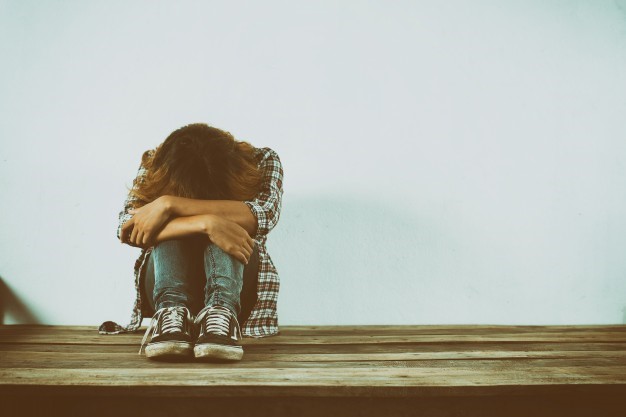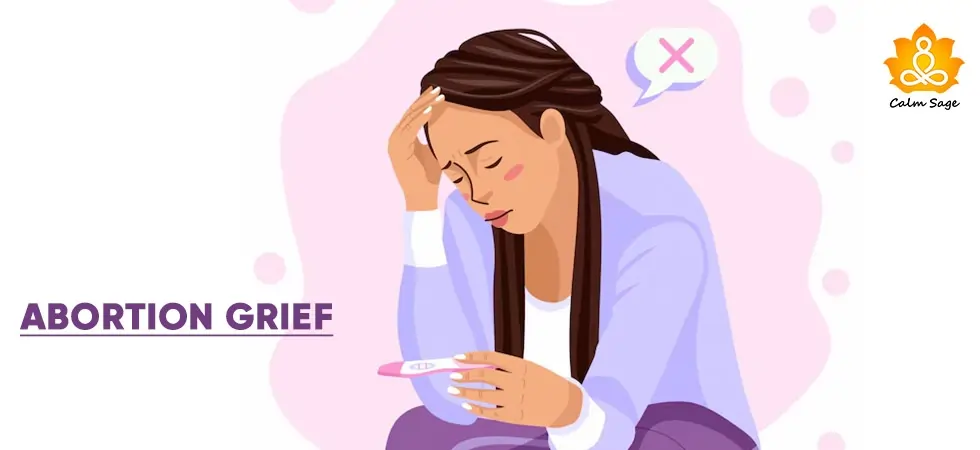Common Types Of Teenage Depression That You Should Be Aware Of!

Teens are quite famous for their dramatics when it comes to life so more often than not when a teen says, “I’m depressed” we don’t tend to take it seriously. A teen’s penchant for exaggerating things might make a bad day feel like depression… or not.
Depression is one of the most common mental health disorders that affect people globally. While depression affects adults, teenagers, and children, the symptoms and types might differ.
In this article, I’ll help you understand the most common types of teen depression that you should be aware of and how to help your teen cope with them. The most important part of the recovery process is to identify the common signs and symptoms of depression.
Signs Of Depression In A Teen

The signs of depression in a teen could look like this:
- Feeling extreme sadness or hopelessness
- Experiencing changes in appetite
- Experiencing trouble sleeping or keeping awake
- Experiencing physical aches and pains
- Feeling a lack of interest in otherwise pleasurable activities
- Experiencing difficulty in staying focused
- Experiencing thoughts of suicide or self-harm
These are some of the common symptoms but most of the time, the symptoms may vary depending on the type of depression.
Common Types Of Teen Depression
These are some of the most common types of depression in teens:
1. Adjustment Disorder With Depression

A major life event can result in a teen developing an adjustment disorder. Life-changing experiences such as the death of a parent or a loved one, parents getting a divorce, or moving to a new city can lead to a teen developing adjustment disorder.
The symptoms of an adjustment disorder may begin within a few weeks or months of the event and can last up to six months. It always takes time for a teen to adjust to life after a life-changing event, however, if the symptoms last more than six months, please consult with a mental health professional for a diagnosis.
This disorder, while short-term, can interfere with a teen’s daily life, school, and social performance. With the right help and support from loved ones, coping with an adjustment disorder can be easy.
2. Dysthymia Or Persistent Depressive Disorder

Dysthymia or persistent depressive disorder is a type of chronic depression that may last for or more than a year. This chronic depressive disorder often affects teens between the age of 13 to 18. Symptoms of dysthymia may include:
- Low energy
- Poor self-esteem
- Feeling hopeless
- Changes in sleep and diet
- Poor concentration
- Poor decision-making skills
Dysthymia is not as severe or serious as major depressive disorder, however, if left undiagnosed or untreated, this disorder can take a serious toll on a teenager’s overall health and might even develop into mood disorders later in years. Psychotherapy, specifically cognitive-behavioral therapy is recommended in treating this disorder.
3. Bipolar Disorder

Bipolar disorder can be identified by episodes of mania (overly excitable mood), hypomania (less severe than mania), or depressed mood. Both of these episodes may last for a few weeks or months. Symptoms of bipolar disorder in a teen can be:
- Reduced need to sleep
- Difficulty in focusing
- Short-tempered
- Talkative behavior
- Being very happy or acting silly
- Being impulsive
Bipolar disorder can cause a teen to experience an interruption to their daily routine. These constant mood swings can affect a teen’s academic performance as well as social life. Treatment for bipolar disorder is usually a combination of therapy and medications.
4. Major Depressive Disorder

One of the most serious types of depression, major depressive disorder can be experienced most commonly by teens between the age of 12 to 17. Young adults and teens are more likely to be prone to depression, especially young girls. Symptoms of this disorder can be:
- Persistent sadness
- Irritability
- Suicidal behavior
- Anhedonia, or lack of interest in pleasurable activities
- Physical pains and aches
Major depressive disorder can cause severe disruption in a teen’s daily life, academic performance, as well as at home.
How To Help Your Teen?

As I said before, a teen’s penchant for theatrics in daily activities can make it a) harder for them to either open up or b) make it difficult for the parents to identify the symptoms of teen depression.
As a parent/guardian, you can express your concerns with your teen and encourage them to talk about their feelings, thoughts, and emotions with you. If they are not comfortable speaking to you, you can ask them to seek therapy from a professional counselor.
Offer them a safe space to speak their mind and make sure your teen understands that talking about their feelings isn’t a sign of weakness or there’s something wrong with them.
Therapies such as talk therapy, family therapy, and group therapy can help. If your teen isn’t comfortable talking to a therapist in person, you can encourage them to speak to one online. These online therapy sites provide a safe, non-judgmental space and have trained professionals to help in the healing process.
Let them know that they are not alone in this fight. You have their back and there to support them no matter what!
I hope this article helped you understand the common types of teen depression and how to help your teen deal with their depression.
For more, you can write to us at info@calmsage.com or connect with us on social media to stay updated on our content.
Take care and stay safe!




















